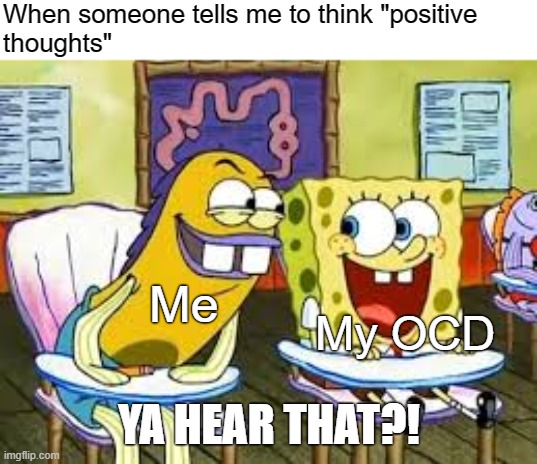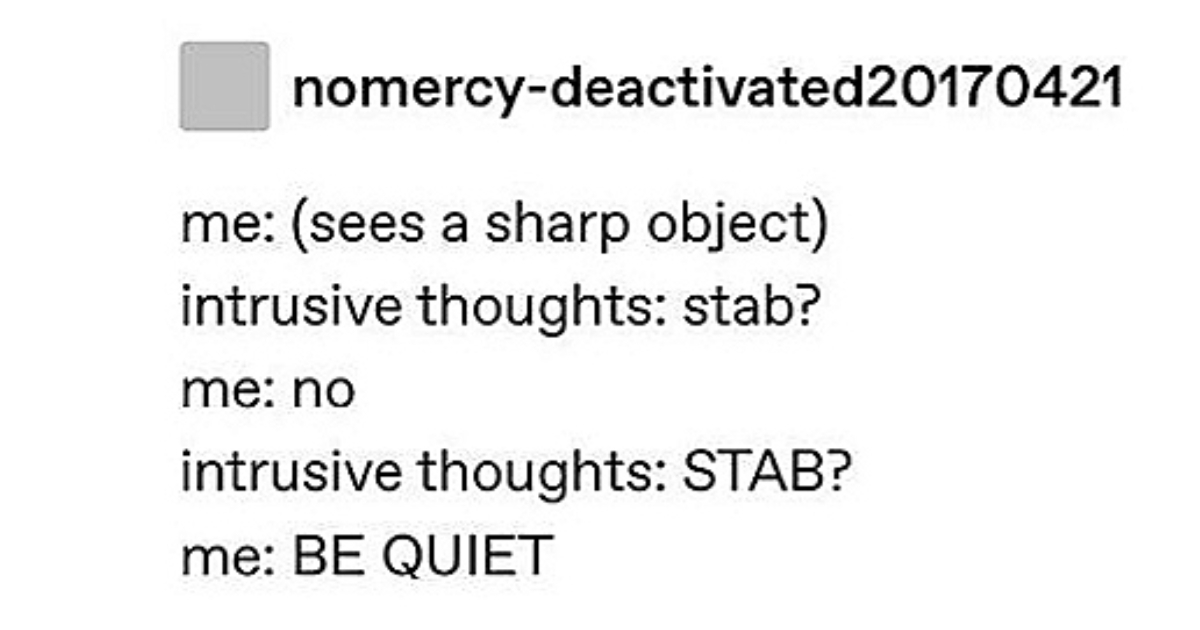

Title: Autism spectrum disorders in adult outpatients with obsessive compulsive disorder in the UK. Source: Autism: the International Journal of Research and Practice.

Title: Felt but not seen: Observed restricted repetitive behaviors are associated with self-report-but not parent-report-obsessive-compulsive disorder symptoms in youth with autism spectrum disorder. Title: Obsessive‐Compulsive Disorder in Adults with High‐Functioning Autism Spectrum Disorder: What Does Self‐Report with the OCI‐R Tell Us? Source: Journal of Autism and Developmental Disorders. Title: Repetitive Behaviors in Autism and Obsessive–Compulsive Disorder: New Perspectives from a Network Analysis. Source: Autism, the International Journal of Research and Practice. Title: Adapted cognitive behavior therapy for obsessive-compulsive disorder with co-occurring autism spectrum disorder: A clinical effectiveness study. Title: Cognitive Behavior Therapy for Comorbid Obsessive-Compulsive Disorder in High-Functioning Autism Spectrum Disorders: a Randomized Controlled Trial. Source: Child Psychiatry and Human Development.
#POSITIVE INTRUSIVE THOUGHTS OCD MANUAL#
Title: An Evaluation of a New Autism-Adapted Cognitive Behaviour Therapy Manual for Adolescents with Obsessive–Compulsive Disorder. Title: Obsessive-Compulsive Disorder and Autism Spectrum Disorders: Longitudinal and Offspring Risk. Source: European Child and Adolescent Psychiatry, Vol 25 (7) Title: Subclinical autism spectrum symptoms in pediatric obsessive–compulsive disorder. Source: Clinical Practice and Epidemiology in Mental Health. Title: The Cognitive Profile of Persons with Obsessive Compulsive Disorder with and without Autism Spectrum Disorder. Title: ASD Traits Among Youth with Obsessive–Compulsive Disorder. Title: Anxiety disorders and obsessive-compulsive disorder in individuals with autism spectrum disorder. Source: Revista de Psiquiatría y Salud Mental. Title: Differential diagnosis between obsessive compulsive disorder and restrictive and repetitive behavioural patterns, activities and interests in autism spectrum disorders. Source: Review Journal of Autism and Developmental Disorders. Title: Assessment and treatment of obsessions and compulsions in individuals with autism spectrum disorders: a systematic review. Source: Journal of Developmental and Physical Disabilities. Title: Effectiveness of cognitive behavioral therapy for individuals with autism spectrum disorders and comorbid obsessive-compulsive disorder: a review of the research. Source: Child Psychiatry & Human Development. Title: Restricted, repetitive behaviors in autism spectrum disorder and obsessive-compulsive disorder a comparative review. Source: European Child & Adolescent Psychiatry. Title: Co-occurring obsessive-compulsive disorder and autism spectrum disorder in young people: prevalence, clinical characteristics and outcomes. Source: Journal of Developmental and Physical Disabilities. Title: Phenomenology of comorbid autism spectrum and obsessive-compulsive disorders among children. Search our Autism Services Directory for details of counsellors and therapists in your area with experience of working with autistic people.

In England, there is statutory guidance for adults that states autistic people should have support adapted to their needs if they have a mental health difficulty. Visit our Seeking help with mental health page for more advice.

Most importantly, to be accessible and effective, support should be adapted to a person’s specific needs. Ideally, all treatments and therapies should be delivered by someone with an understanding of autism. These therapies involve working with a therapist to break down problems into their separate parts, such as thoughts, physical feelings and actions, and encouraging someone to face their fears, starting with situations that cause the least anxiety first, before moving on to more difficult thoughts.


 0 kommentar(er)
0 kommentar(er)
